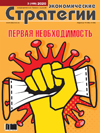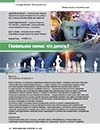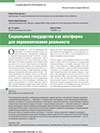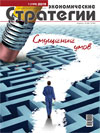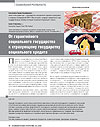Invisible Dysontogenesis of X, Y, Z Generations (Transformation of Social Subjectivity Features)
DOI: 10.33917/es-3.169.2020.80-89
The article analyzes the causes of population dysontogenesis-a hidden process of loss of human subjectivity: the destruction of its psychophysiological and psychosocial qualities necessary for the normal activity of society. Violations caused by unformed structures of the child’s brain during the period of socialization in the family and school are hardly noticeable in a state of comfort, but they manifest themselves under normative and especially peak psychophysiological loads: deviant behaviors, educational failure, deterioration of health and loss of reproductive functions.
The consolidation of dysontogenesis in generations X, Y, and Z occurs through international educational standards that simplify educational programs and reduce didactic requirements to a level beyond which pathophenomenes become barely noticeable, but continue to accumulate statistically at the lower limit of the norm. Compensation for impaired functions occurs at the expense of modern means of digital communication-there is a non-specific “swarm” subjectivity: emotionally unstable, easily suggestible representatives of generations Y and Z become the main resource base of extremist and terrorist organizations.
The loss of basic social functions of goal-setting and control, empathy and passionarity in generations X, Y, Z, a simplified view of reality, increased lability and network conformism, decreased libido, and redirection of creative energy to the virtual-all this leads to the cessation of reproduction of the properties of society as a system structure. Restoration of systemogenetic development is possible only if the basic functions of the social state — science, education and upbringing-are provided.


